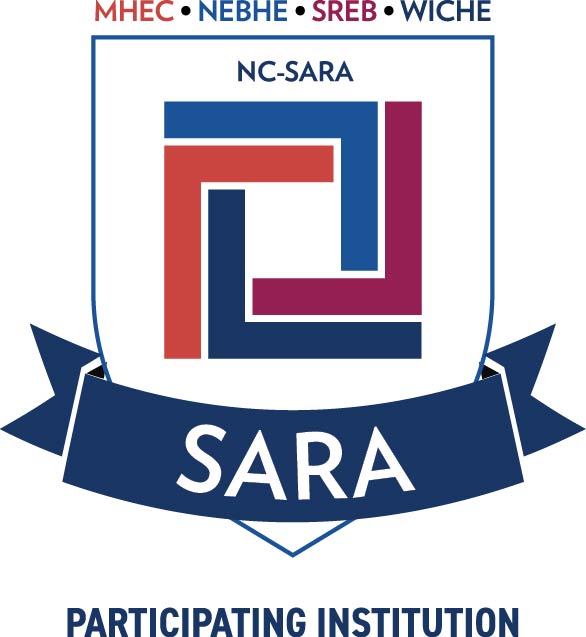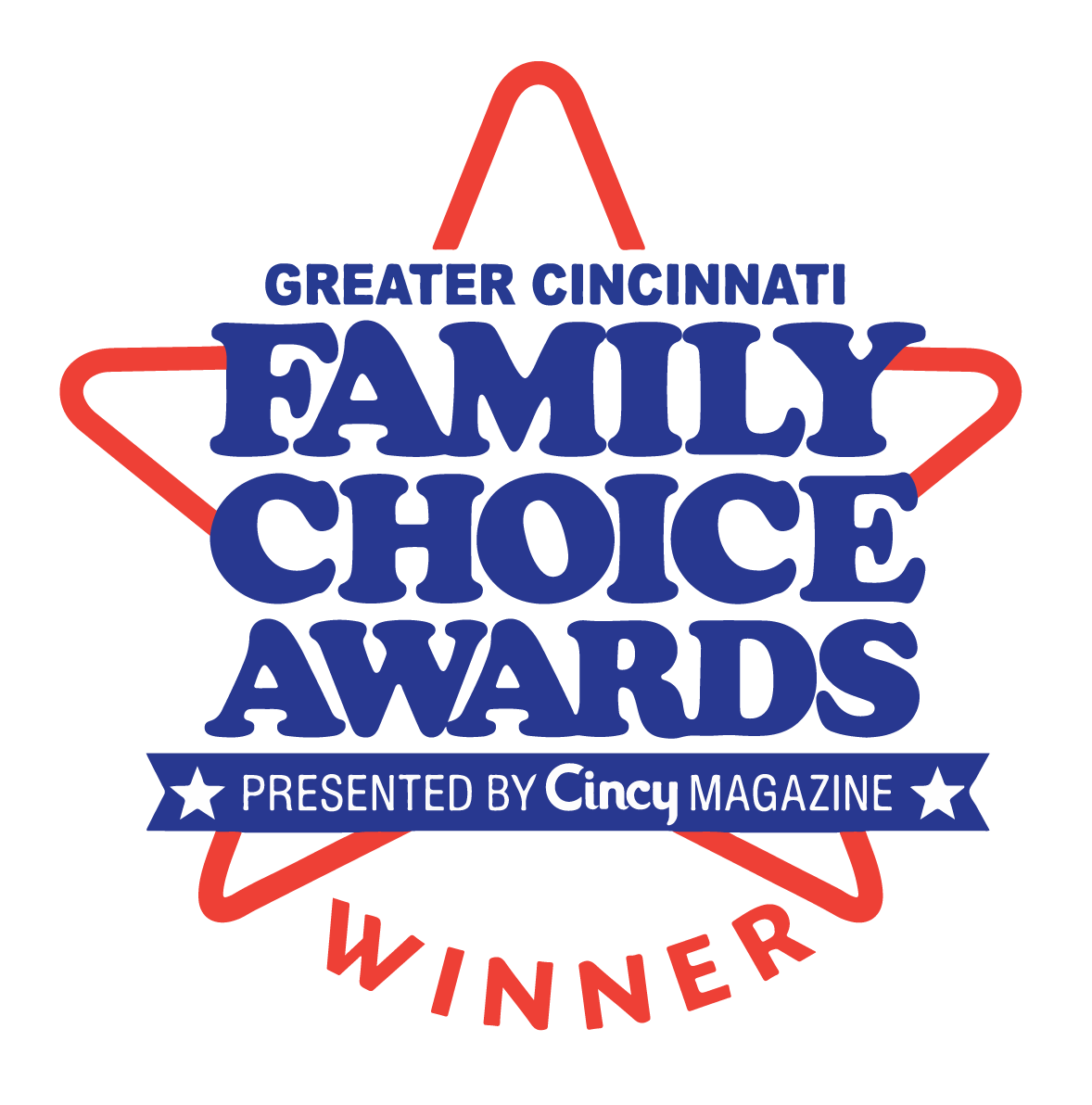
State Authorization Reciprocity Agreement (SARA)
 Southern State Community College offers courses, associate degrees, and certificate programs that may lead to professional licensure and/or certification. Successful completion of the programs listed below may potentially lead to professional licensure, registration, or certification. Licensure, registration, or certification may be global, national, or state-specific. The following programs meet the requirements for the State of Ohio. Requirements for other states may vary. If you currently live in a state other than Ohio or intend to move to a state other than Ohio and use the education completed at Southern State Community College to sit for such an exam, be aware there may be additional requirements. If you are planning to seek professional licensure or certification outside Ohio, it is important that you contact the Southern State personnel with direct oversight of the academic program you are interested in for the licensure and certification requirements.
Southern State Community College offers courses, associate degrees, and certificate programs that may lead to professional licensure and/or certification. Successful completion of the programs listed below may potentially lead to professional licensure, registration, or certification. Licensure, registration, or certification may be global, national, or state-specific. The following programs meet the requirements for the State of Ohio. Requirements for other states may vary. If you currently live in a state other than Ohio or intend to move to a state other than Ohio and use the education completed at Southern State Community College to sit for such an exam, be aware there may be additional requirements. If you are planning to seek professional licensure or certification outside Ohio, it is important that you contact the Southern State personnel with direct oversight of the academic program you are interested in for the licensure and certification requirements.
For these purposes, states include the District of Columbia and the US protectorates, as defined in 34 CFR §600.2. Southern State makes every effort to ensure information about educational requirements for licensure or certification is current; however, state requirements may change. Separate from educational requirements, state licensure boards may require applicants to complete professional examinations, background checks, years of professional experience, specialized exams, training, etc.
Some SSCC degree and certification programs may lead to professional licensure and/or certification upon successful completion of program requirements. If you are planning to pursue professional licensure or certification in a state other than Ohio, it is strongly recommended that you contact the appropriate licensing entity in that state to seek information and guidance regarding licensure or certification requirements before beginning an academic program.
Additionally, if your program leads to a professional license or certification, authorization may be required from the state professional licensing board prior to beginning a clinical or field experience in that state. Check with your program's faculty director prior to beginning an internship or field experience in another state.
Learn more here: https://nc-sara.org/resources/professional-licensure
Out-of-state students are strongly encouraged to contact the appropriate administering body, or licensing board to discuss and verify licensure eligibility requirements. See the list of contacts below, and the Student Attestation: Professional Licensure Programs Form.
Federal Regulation 34 CFR 668.43(a)(5)(v) requires SSCC to make readily available to prospective and enrolled students information about whether SSCC programs leading to professional licensure or certification meet educational requirements in their state.
Prospective students may view the SSCC Program Licensure Table to determine if their anticipated SSCC program "meets", or "does not meet" licensure requirements in your state.
Students who fully enroll in a licensure program at SSCC will receive an annual direct disclosure notice regarding a determination for their program if their program "does not meet" licensure requirements in their state. Disclosures are required to be sent within 14 calendar days of SSCC making that determination. Direct disclosures are sent to the student's SSCC email account.
Southern State Programs with Professional Licensure
Early Childhood Education Program - Licensure
The Early Childhood Education program is approved by the Ohio Department of Education for Pre-Kindergarten Associate licensure, 25 South Front Street, Columbus, OH 43215, 877.644.6338.
Medical Assisting - Certificate
The Medical Assisting Certificate program is accredited by the Commission on Accreditation of Allied Health Education Programs (CAAHEP), 25400 US Highway 19 N., Suite 158, Clearwater, FL 33763, 727.210.2350, fax 727.210.2354, www.caahep.org upon recommendation of the Medical Assistant Education Review Board (MAERB).
Peace Officer Basic Training
The Peace Officer Basic Training is approved by the Ohio Peace Officer Training Academy (OPOTA) 30 E. Broad St., 14th floor, Columbus, OH 43215, www.ohioattorneygeneral.gov/opota.
Practical Nursing Program - Certificate
The Practical Nursing program is approved by the Ohio Department of Higher Education and the Ohio Board of Nursing, 8995 East Main Street, Reynoldsburg, OH 43068 | Phone: 614-466-3947 or Fax: 614-466-0388, www.nursing.ohio.gov.
Registered Nursing - Program
The Registered Nursing program is approved by the Ohio Board of Nursing, 8995 East Main Street, Reynoldsburg, OH 43068 | Phone: 614-466-3947 or Fax: 614-466-0388, www.nursing.ohio.gov and accredited by: Accreditation Commission for Education in Nursing (ACEN), 3343 Peachtree Road, Suite 850, Atlanta, GA 30326, 404-975-5000, www.acenursing.org.
Real Estate
Students completing specified courses in Business Management | Real Estate can sit for the Ohio Real Estate Salesperson licensure exam. Contact: Ohio Department of Commerce, 77 South High Street, 23rd Floor, Columbus, Ohio 43215-6133. 614-466-4100 webreal@com.state.oh.us
Phlebotomy
The Phlebotomy Technician Certificate program is approved by the Commission on Accreditation of Allied Health Education Programs (CAAHEP), 25400 US Highway 19 N., Suite 158, Clearwater, FL 33763, 727.210.2350, fax 727.210.2354, www.caahep.org
HSSR
Certifications in the HSSR area are approved by the Ohio Counselor, Social Worker, and Marriage and Family Therapist Board, 77 South High Street, 24th Floor, Room 2468, Columbus, Ohio 43215, (614) 466-0912, 614) 728-7790 https://cswmft.ohio.gov/ and/or the Ohio Chemical Dependency Professionals Board, Vern Riffe Center, 77 S High St., 16th Floor | Columbus, OH 43215 | 1-614-387-1110
For a student enrolled in courses that are in-person ,online or hybrid, Southern State considers the student's location to be the student's permanent address on file with the Records Office. If the mailing address is a P.O. Box, the state associated with that PO Box is considered their state of residence.
For a student enlisted in the military on active duty, Southern State considers the student's location to be the student's permanent residence address on file with the Records Office.
A prospective student's location is the state of the prospective student's residency at the time the student has applied for admission, intends to enroll and is then entered into the student record system.
Student Location and Professional Licensure Disclosure
Southern State Community College is in compliance with the U.S. Code of Federal Regulations 34 CFR 668.43 (c)(3)(ii) which require disclosures for programs that lead to a professional licensure or certification necessary for employment, regardless of the program's modality. SSCC must determine the state in which a student is located for the purpose of disclosing, if applicable, whether a program curriculum meets state-specific requirements.
Student location designations will remain in effect unless and until a student officially notifies the College that their permanent address has changed. Once a student notifies the College, the date of entry will be used as the effective date of a student's revised location for the purposes of this policy. If a student does not notify the College of a change of address and their permanent address has been end dated in the student record system because mail was returned as undeliverable, their location will be considered the state of Ohio.
Students will follow the proper procedure to officially notify the College of a change in their permanent address.
The College will comply with federal regulation by maintaining a list of general public disclosures found on this page
The College will comply with federal regulations by sending direct disclosures (via SSCC email) to students annually regarding programs that lead to professional licensures and notice of potential out of state requirements. Disclosures are required to be sent within 14 calendar days of SSCC making any new determination that a program does not meet licensure requirements in another state.
The College will comply with federal regulations by keeping a record of all disclosures that are sent.
Out-of-state students taking online classes at Southern State Community College should attempt to resolve any issues or complaints with the College first. If an issue cannot be resolved internally after following the College's student complaint - academic procedure, you may file a complaint about Southern State College with The Ohio Department of Higher Education.
The Ohio Department of Education (ODHE) is responsible for responding to formal complaints against public, independent non-profit, and proprietary institutions of higher education in Ohio. While the ODHE has limited authority over colleges and universities and cannot offer legal advice or initiate civil court cases, the Chancellor's staff will review submitted complaints and work with student complainants and institutions.


